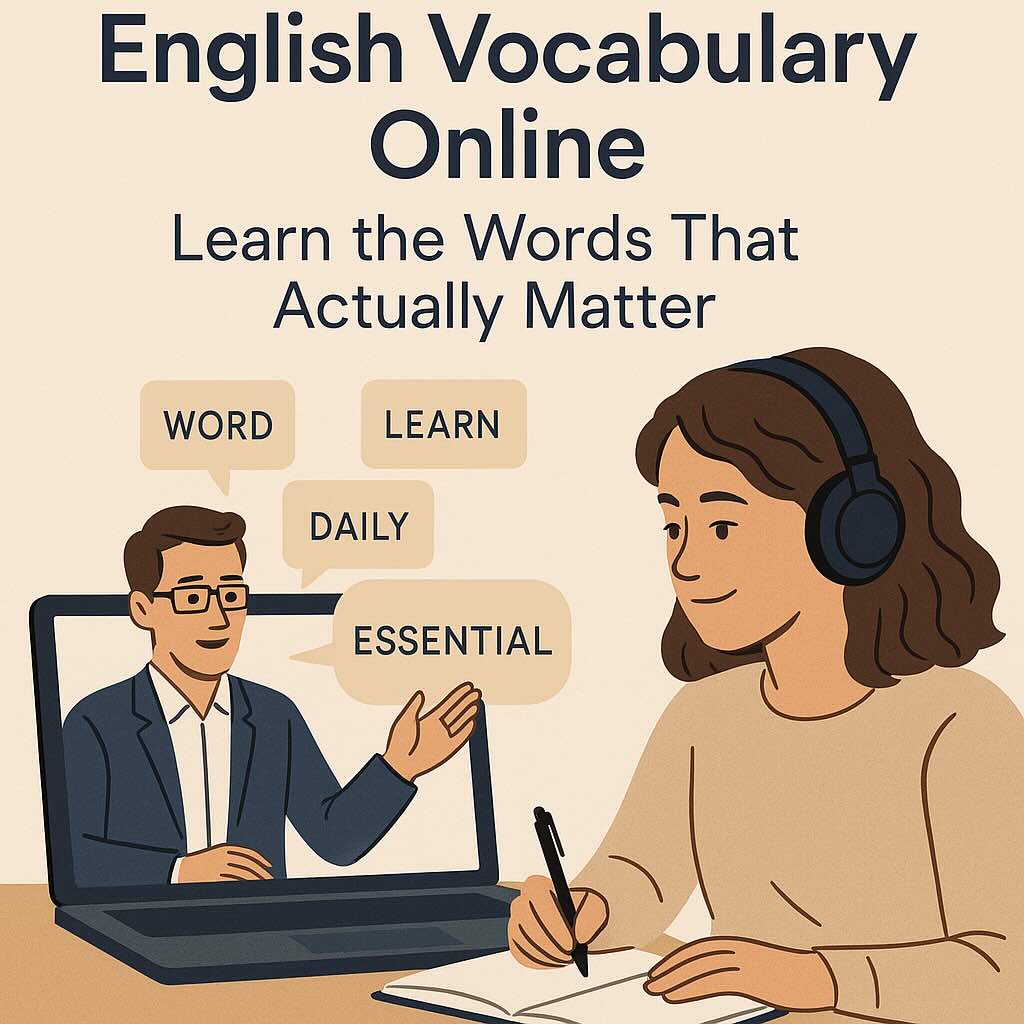Adjectives are words that describe nouns. In German, they are a little tricky because their endings change depending on the article and case. But don’t worry — the basic rules are simple once you see the patterns.
Adjectives After Sein or Werden
When an adjective comes after a verb like sein (to be) or werden (to become), it does not change its form.
Examples:
- Das Auto ist neu. (The car is new.)
- Er wird alt. (He is becoming old.)
Adjectives Before a Noun
When an adjective stands before a noun, its ending changes according to the article and the case.
Examples:
- Das ist ein kleines Haus. (That is a small house.)
- Ich habe einen guten Freund. (I have a good friend.)
Adjective Endings with Definite Articles
| Case | Masculine | Feminine | Neuter | Plural |
|---|---|---|---|---|
| Nominative | der gute Mann | die gute Frau | das gute Kind | die guten Leute |
| Accusative | den guten Mann | die gute Frau | das gute Kind | die guten Leute |
| Dative | dem guten Mann | der guten Frau | dem guten Kind | den guten Leuten |
| Genitive | des guten Mannes | der guten Frau | des guten Kindes | der guten Leute |
Adjective Endings with Indefinite Articles
| Case | Masculine | Feminine | Neuter |
|---|---|---|---|
| Nominative | ein guter Mann | eine gute Frau | ein gutes Kind |
| Accusative | einen guten Mann | eine gute Frau | ein gutes Kind |
| Dative | einem guten Mann | einer guten Frau | einem guten Kind |
| Genitive | eines guten Mannes | einer guten Frau | eines guten Kindes |
Common Mistakes — and How to Fix Them
- ❌ ein gute Mann
✔️ ein guter Mann - ❌ die gut Frau
✔️ die gute Frau - ❌ Ich sehe der kleine Hund.
✔️ Ich sehe den kleinen Hund.
Tips for Learning Adjectives
- Always learn adjectives with an example sentence.
- Focus first on nominative and accusative.
- Practice with color words — they are very common (ein rotes Auto, eine blaue Tasche).
FAQ: German Adjectives
Q: Do adjectives always change endings?
No. After verbs like sein and werden, they stay the same.
Q: Is there a shortcut for endings?
Yes — learn the definite article table, and endings will follow the same logic.
Q: Which adjectives are most useful at A1?
Colors, size, and quality words: gut, schlecht, groß, klein, schön, alt, neu.
Final Note
German adjectives may look difficult at first, but with practice you will see that they follow consistent rules.
👉 For a deeper reflection on how grammar reflects meaning, see Tymur Levitin’s Author’s Column.

📚 Related Articles
- How to Use Articles in German: Der, Die, Das for Beginners
- German Cases Explained: Nominative, Accusative, Dative, Genitive
👨🏫 Author: Tymur Levitin — founder, director, and senior teacher at Levitin Language School | Start Language School by Tymur Levitin.
View teacher’s profile →
🌍 Learn German with us:
German Language Learning Page →
© Tymur Levitin | Category: German Grammar for Beginners
























